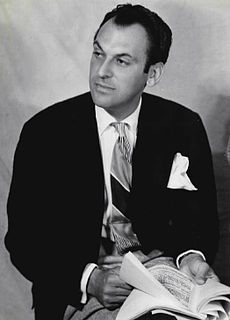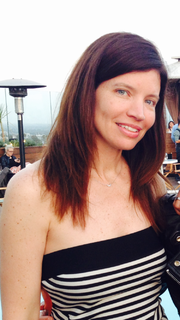A Quote by Mark Twain
When you catch an adjective, kill it - perhaps the best possible advice for budding writers.
Related Quotes
I notice that you use plain, simple language, short words and brief sentences. That is the way to write English?it is the modern way and the best way. Stick to it; don't let fluff and flowers and verbosity creep in. When you catch an adjective, kill it. No, I don't mean utterly, but kill most of them?then the rest will be valuable. They weaken when they are close together. They give strength when they are wide apart. An adjective habit, or a wordy, diffuse, flowery habit, once fastened upon a person, is as hard to get rid of as any other vice.
The single best piece of advice I give to aspiring writers is to always write about things that they know. I suggest that they write about people and places and events and conflicts they are familiar with. That way their writing will be real and hopefully readers will respond to it. I try to take my own advice.



































